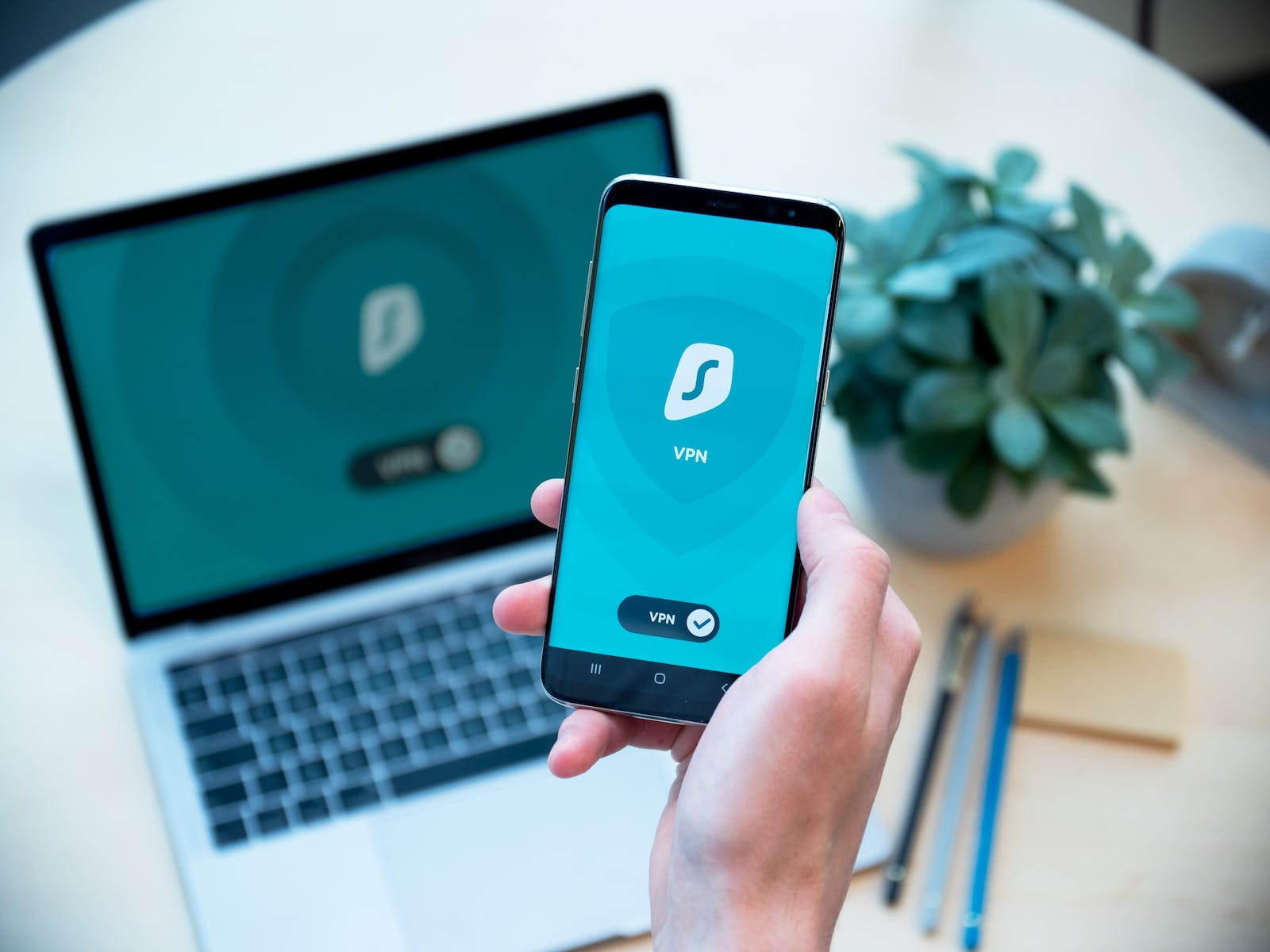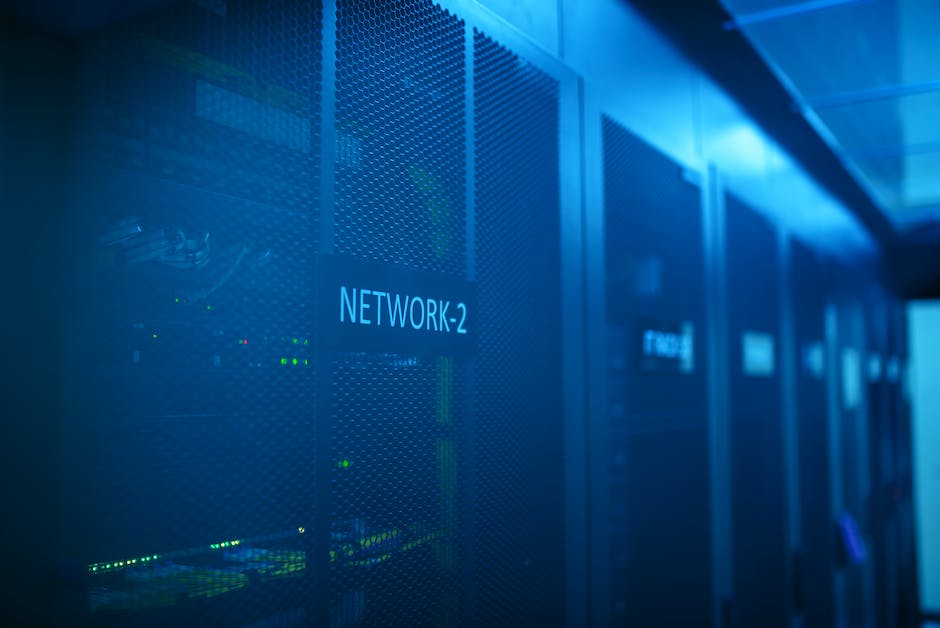
The Pros and Cons of Using a VPN
Exploring the Benefits and Drawbacks of Virtual Private Networks
In today's digital age, privacy and security are of utmost importance, especially when browsing the internet. One popular tool that many people use to enhance their online security and privacy is a Virtual Private Network (VPN). VPNs offer both advantages and disadvantages, and it's important to understand both sides before deciding whether to use one. In this article, we'll explore the pros and cons of using a VPN, helping you make an informed decision about implementing this technology in your online activities.
From protecting your personal information to bypassing geo-restrictions, VPNs provide a range of benefits, but they also come with some drawbacks. Understanding the advantages and disadvantages will give you a comprehensive view of what a VPN can offer and what potential concerns you should be aware of. Let's delve into the advantages and disadvantages of using a VPN to gain a deeper understanding of this technology.
Pros
Considering using a VPN for your online activities? Here are some remarkable benefits that you should take into account before making a decision.
Missing a pro?
Cons
Before committing to a VPN, it's crucial to be aware of the potential drawbacks and limitations associated with its use. Consider these factors before deciding whether a VPN is the right choice for your online activities.
Missing a con?
Conclusion
In conclusion, while VPNs offer notable advantages such as enhanced security, privacy, and access to geo-restricted content, they also present potential drawbacks such as reduced internet speed and security risks. As with any technology, careful consideration and awareness of both the benefits and limitations are essential for making an informed decision about implementing a VPN. By weighing the pros and cons, individuals can determine whether the use of a VPN aligns with their online privacy and security needs.
What do you think?
Do you think the pros outweigh the cons?







